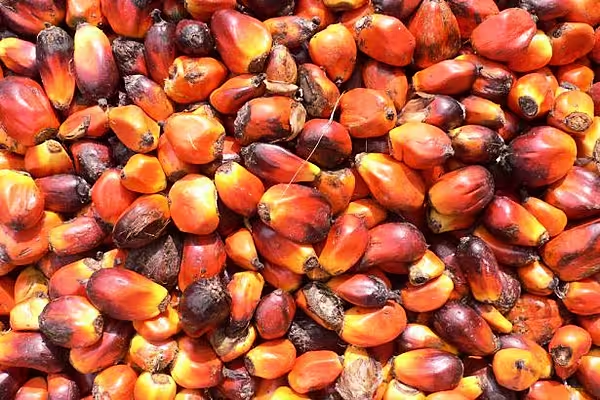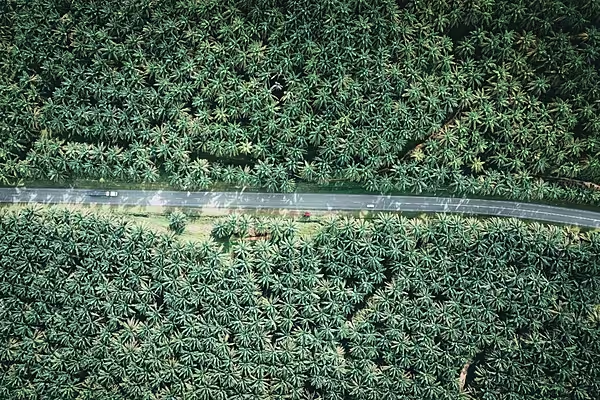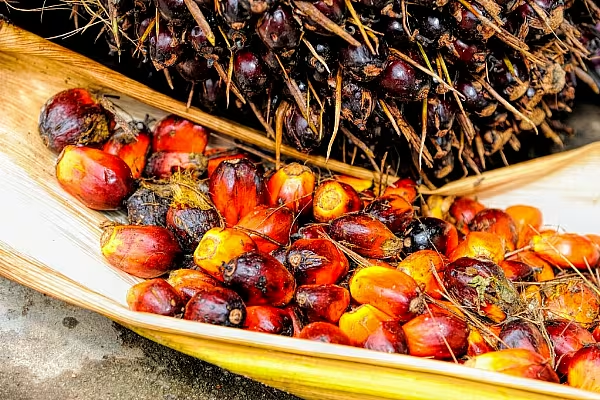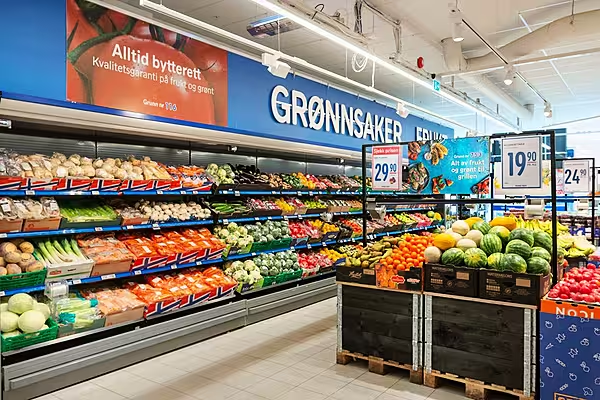Palm oil entered a bull market as the Malaysian ringgit slumped and as the strengthening El Nino weather event threatens to cut supply from the world’s biggest producers.
The benchmark futures contract on Bursa Malaysia Derivatives in Kuala Lumpur closed at 2,342 ringgit ($533), the highest since 4 March. Prices have climbed 25 per cent from this year’s closing low of 1,867 ringgit on 26 August, exceeding the 20 per cent advance that’s the common definition of a bull market. Futures surged 11 per cent this week, the biggest weekly gain since November 2008.
Palm oil, used in everything from chocolates to instant noodles and biofuels, has rebounded from a six-year low last month on concerns that El Nino and a haze that’s engulfed parts of Southeast Asia will curb output. El Nino can affect weather worldwide, including baking parts of Asia. The pattern may cut global palm oil supply by 1.1 million metric tons next year, the first drop in decades, Malaysian plantation consultant Ganling Sdn said this week.
“There’s short-term supply implications, and the ringgit moving weaker,” Ivy Ng, regional head of plantations at CIMB Investment Bank Bhd, said by phone from Kuala Lumpur on Friday. “Those two combined factors are really pushing up prices.”
El Nino continues to strengthen and sea surface temperatures may come close to, or possibly exceed, levels observed during the record 1997–98 event, Australia’s weather bureau predicts. Its effects may be exacerbated by haze in parts of Indonesia and Malaysia, which together supply 86 per cent of the world’s palm oil.
"That has alerted people to the dry weather conditions experienced in some parts of Indonesia that may affect palm oil supply,” Ng said. “There’s a lot of concern that the haze will impact production - it’s still hazardous in some areas for estate workers to go out and harvest fruit.”
Air quality in some Indonesian cities was at hazardous levels on Friday, with Palangkaraya in Central Kalimantan recording a 1,519 reading. Above 350 is considered hazardous. In Singapore, schools were shut as the city-state’s air quality slid into the hazardous range for the first time this year.
Efforts by the Indonesian and Malaysian governments to shore up prices may also support palm oil, Ng said. Malaysia on Friday said it will allocate 100 million ringgit to replant 83,000 hectares of unproductive and old trees. Top producer Indonesia said it will continue to increase volumes of biodiesel absorbed each month to meet its 20 percent mandatory goal in 2016.
News by Bloomberg, edited by ESM. To subscribe to ESM: The European Supermarket Magazine, click here.














